Roti, also known as chapati, is a cornerstone of Indian cuisine, enjoyed in countless ways from breakfast to dinner. While primarily a source of carbohydrates, roti can be easily transformed into a protein-rich staple with a few clever additions. Here's how to boost the protein content of your daily roti:

Protein is essential for overall health, playing a crucial role in building and repairing tissues. It aids in the production of enzymes, hormones, and antibodies, ensuring smooth bodily functions. Furthermore, protein supports muscle strength, promotes satiety for weight management, and contributes to healthy bones.
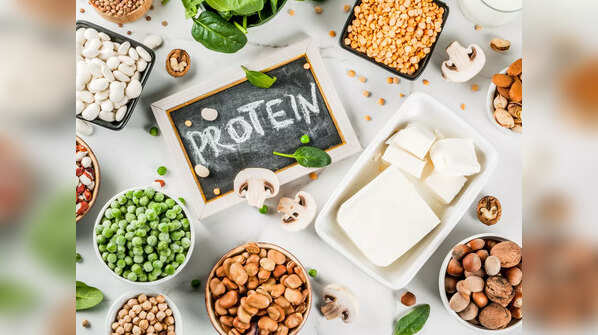
Enhance your regular wheat flour by incorporating 2-3 tablespoons of besan. This plant-based protein source imparts a subtle nutty flavor to your roti. Each 100 grams of besan provides approximately 22 grams of protein. Moreover, its low glycemic index and high soluble fiber content contribute to lowering bad cholesterol (LDL) and improving heart health.
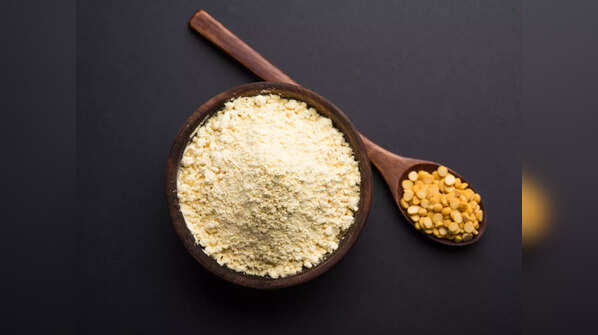
Elevate the protein and fiber content by blending sattu into your regular atta. Aim for a ratio of two parts wheat flour to one part sattu for exceptionally soft and protein-packed chapatis. A 100-gram serving of sattu yields about 20-22 grams of protein and is also a good source of fiber, iron, and magnesium.
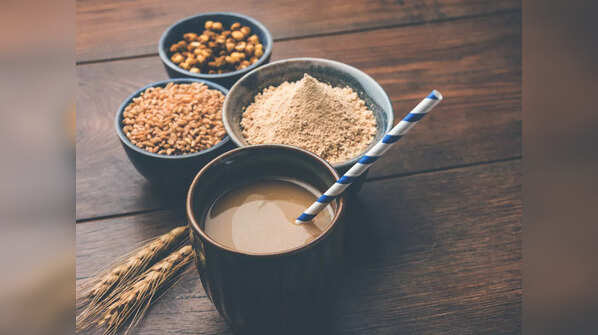
Consider mixing a small quantity of soy flour or powdered soya granules into your roti dough to significantly increase its protein content. Approximately 100 grams of soya granules contain a remarkable 52 grams of protein, along with a wealth of dietary fiber, calcium, magnesium, and phosphorus.
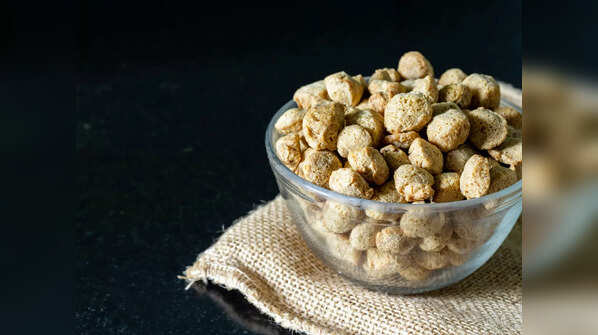
Transform ordinary roti into a protein powerhouse by stuffing it with grated paneer or mashed tofu, seasoned with your favorite spices and herbs. This not only adds flavor but also creates a satisfying and high-protein meal. Per 100 grams, paneer offers 18 grams of protein, while tofu provides 8-10 grams.
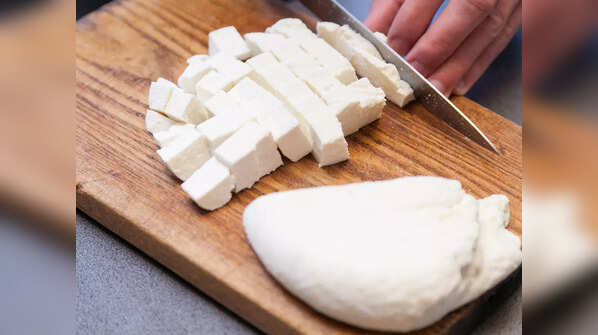
Grind and incorporate flaxseeds, chia seeds, or sunflower seeds directly into the flour dough. These seeds contribute plant-based protein while also being abundant in fiber and healthy fats. A 100-gram serving of chia seeds offers 16.5 grams of protein, and flax seeds provide 18.3 grams.
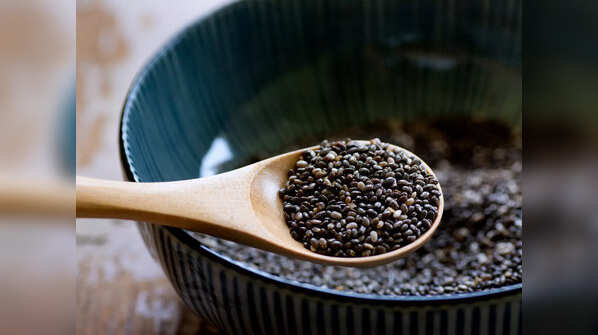
Newer articles
Older articles
 Evil Eye Amulet: Protective Charm or Portal to Dark Forces? A Cultural Debate
Evil Eye Amulet: Protective Charm or Portal to Dark Forces? A Cultural Debate
 Paralympic Archer Sheetal Devi's Viral Video Shows Her Driving Car with Feet, Defying Expectations
Paralympic Archer Sheetal Devi's Viral Video Shows Her Driving Car with Feet, Defying Expectations
 Umpire Controversy Erupts: West Indies Coach Sammy Questions Holdstock's Consistency in Barbados Test
Umpire Controversy Erupts: West Indies Coach Sammy Questions Holdstock's Consistency in Barbados Test
 Black Caps Set for Blockbuster Home Season Against Cricket Heavyweights
Black Caps Set for Blockbuster Home Season Against Cricket Heavyweights
 Batting Collapses and Dropped Catches Cost India Despite Pant's Centuries: Gambhir Defends Lower Order After Test Loss
Batting Collapses and Dropped Catches Cost India Despite Pant's Centuries: Gambhir Defends Lower Order After Test Loss
 Shastri Urges India to Reconsider Bumrah Rest Strategy After Headingley Defeat
Shastri Urges India to Reconsider Bumrah Rest Strategy After Headingley Defeat
 Suryakumar Yadav Sidelines: Indian Cricket Star Undergoes Surgery for Sports Hernia – What It Means
Suryakumar Yadav Sidelines: Indian Cricket Star Undergoes Surgery for Sports Hernia – What It Means
 20 Minutes to a Healthier You: Neurologist Reveals Simple Daily Habits to Combat High Cholesterol, Blood Pressure, and Dementia Risk
20 Minutes to a Healthier You: Neurologist Reveals Simple Daily Habits to Combat High Cholesterol, Blood Pressure, and Dementia Risk
 SA20 Teams Given Green Light for Six Player Retentions Ahead of Auction
SA20 Teams Given Green Light for Six Player Retentions Ahead of Auction
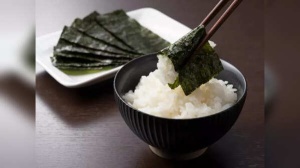 Korean Diet Secrets: 5 Foods for Ageless Beauty and Radiant Skin
Korean Diet Secrets: 5 Foods for Ageless Beauty and Radiant Skin